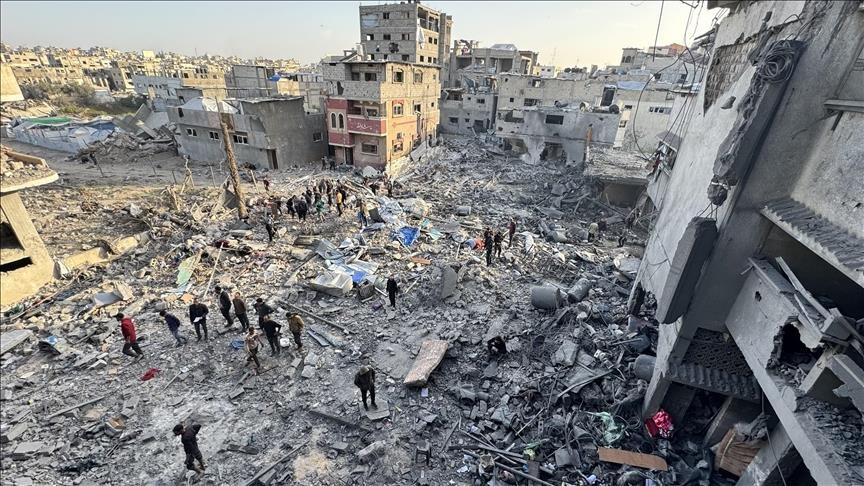UN Secretary-General Antonio Guterres has raised the alarm over the international community’s failure to prevent escalating atrocity crimes around the world, warning that civilians are paying the highest price in an era marked by the highest number of armed conflicts since World War II.
In a passionate appeal delivered to Member States, Guterres called for a renewed global commitment to the Responsibility to Protect (R2P) doctrine, a principle adopted in 2005 that obligates nations and the international community to shield populations from genocide, war crimes, ethnic cleansing, and crimes against humanity.
Describing R2P as both “a moral imperative” and “an unfulfilled promise,” the UN chief emphasized that early warnings of violence are too often dismissed, while evidence of atrocities by both state and non-state actors is routinely met with denial or apathy. “Frequently, early warnings are ignored, and claims of crimes are met with suppression or inconsistent action. Responses are too often delayed, inadequate, or undermined by double standards,” Guterres declared. “Civilians are bearing the brunt of these failures.”
He criticized the erosion of global consensus and the growing normalization of violence, identity-based hatred, and impunity, warning that “no society is immune to the risk of atrocity crimes.” His comments came alongside the release of his latest report reviewing two decades of progress and setbacks under the R2P framework.
Read also:
- UN deputy secretary-general, Edun hold talks on key development goals
- WMO Warns: 50% countries lack access to vital life-saving systems
- Thousands flee as DR Congo rebels claim control of Goma
The report highlights how, despite widespread support for R2P from affected communities and UN member nations, its implementation remains uneven and insufficient. Guterres pointed to the recent violent attacks in Nigeria’s Benue State and the ongoing crisis in Gaza as urgent reminders of the world’s failure to act in time. He called for swift justice in Benue and a complete ceasefire in Gaza, reinforcing the need for principled international action.
Guterres urged world leaders to go beyond words and recommit to protecting the vulnerable through inclusive leadership, strong human rights protections, and adherence to the rule of law. He insisted that prevention must start at the local level but be supported by robust international cooperation and diplomacy.
“Communities see the Responsibility to Protect as a beacon of hope, but they are demanding action,” he said. “Prevention must be bolstered globally through multilateral cooperation, principled diplomacy, and prompt and decisive action to effectively protect populations. The time to act is now.”
As the global security landscape deteriorates, the UN Secretary-General’s warning serves as a sharp reminder that the world cannot afford to remain indifferent to suffering, or complacent in the face of mass atrocities.






